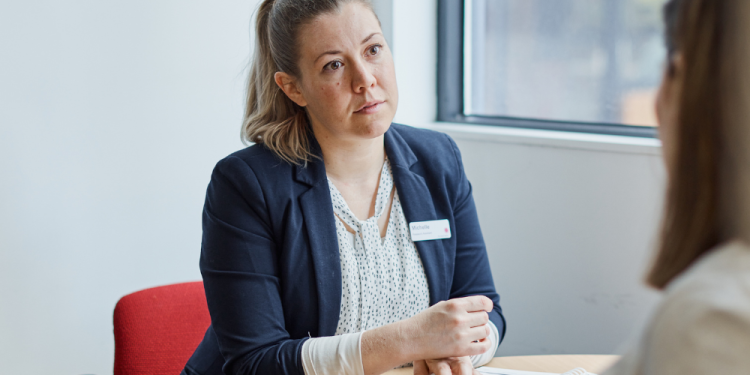
Experts suggest that women diagnosed with cancer during pregnancy (gestational cancer) require greater psychosocial support than either other women with cancer or other pregnant women.
Gestational cancer affects approximately one in 1,000-1,500 pregnancies.
A study at the Women’s of this small-but-vulnerable population explored their psychological needs, identified gaps in available support, and made recommendations for future programs and research.
Lead Researcher Associate Professor Lesley Stafford said the findings “depicted a group of women for whom cancer diagnosis and treatment had resulted in a sense of isolation and loneliness”.
“Women reported seeking tailored information about their condition and treatments as well as one-on-one peer support with other gestational cancer survivors,” A/Prof Stafford said. “This was challenging for them to access, and existing services struggled to provide it.
“To address these unmet needs, innovative solutions may be necessary,” she said.
In-depth, semi-structured interviews were conducted with 23 Australian women diagnosed with gestational cancer in the previous five years. A/Prof Stafford said the research found technology had the potential to connect and match women with one-to-one peer support and provide the tailored information they required.
“Creative solutions such as virtual resource hubs, monitored or moderated by experts, could meet the information needs of this group,” A/Prof Stafford said.
“However, as gestational cancer is relatively rare, the development and evaluation of such interventions would require a collaborative effort across multiple sites, as well as international collaboration and data pooling.”
This research was published in Supportive Care in Cancer.